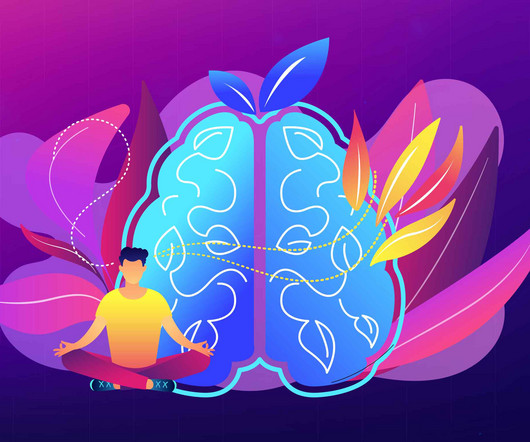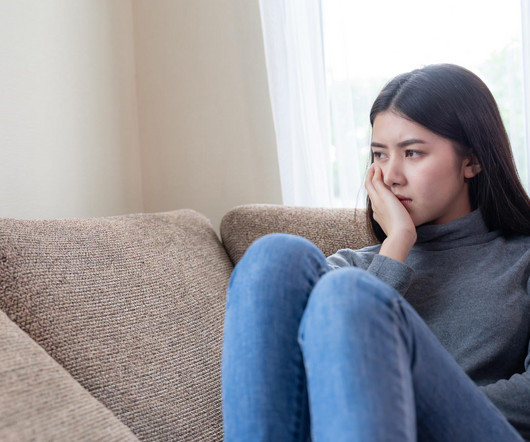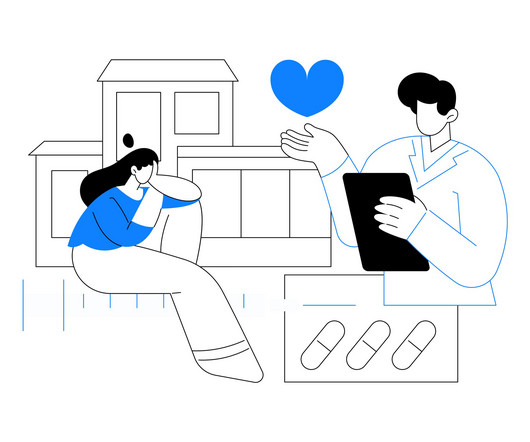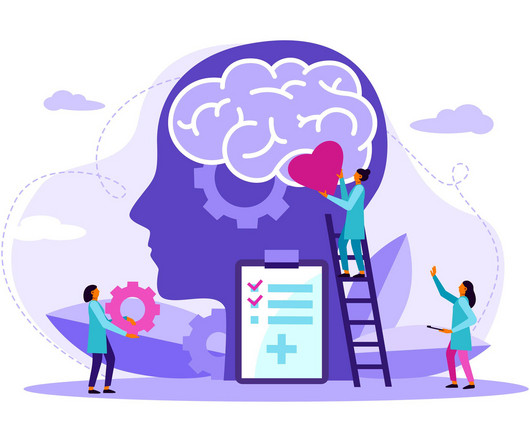Staying Grounded: The 3-3-3 Rule for Anxiety
Clear Behavioral Health
JUNE 20, 2025
The 3-3-3 technique to relieve anxiety is three separate steps: First, name 3 things you see around you out loud Then, name 3 sounds you hear out loud Finally, move 3 body parts This technique helps you ground your nervous system and brings you back into the present moment.




















Let's personalize your content